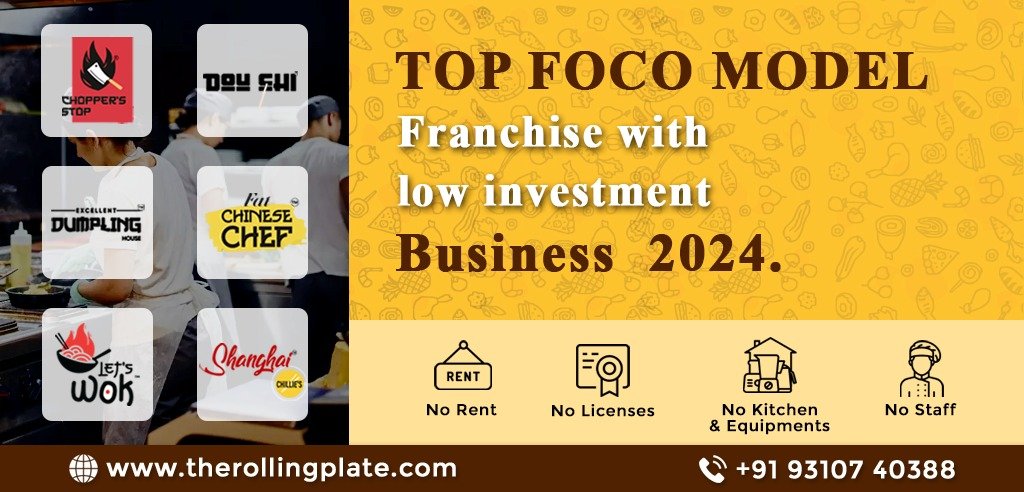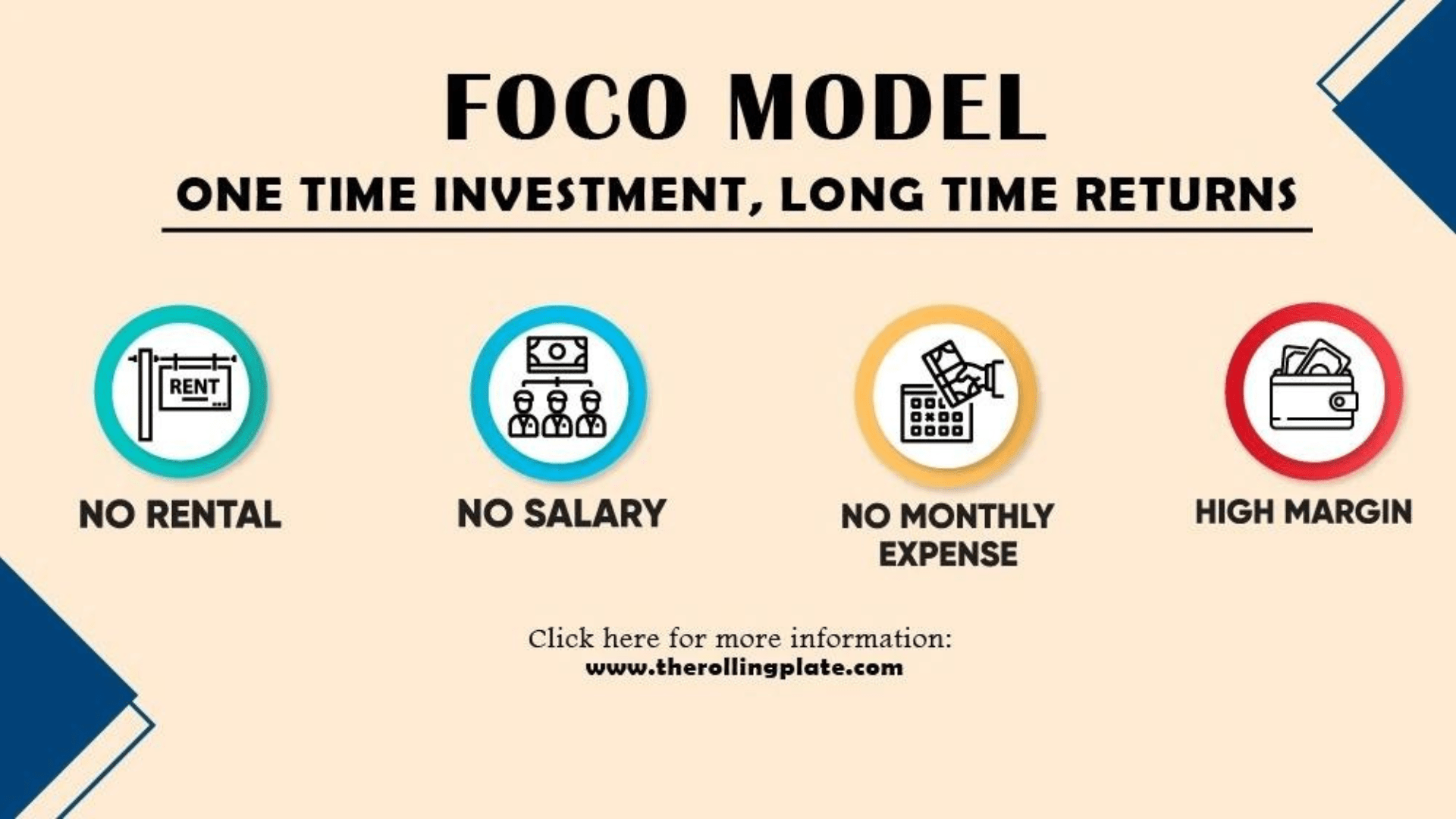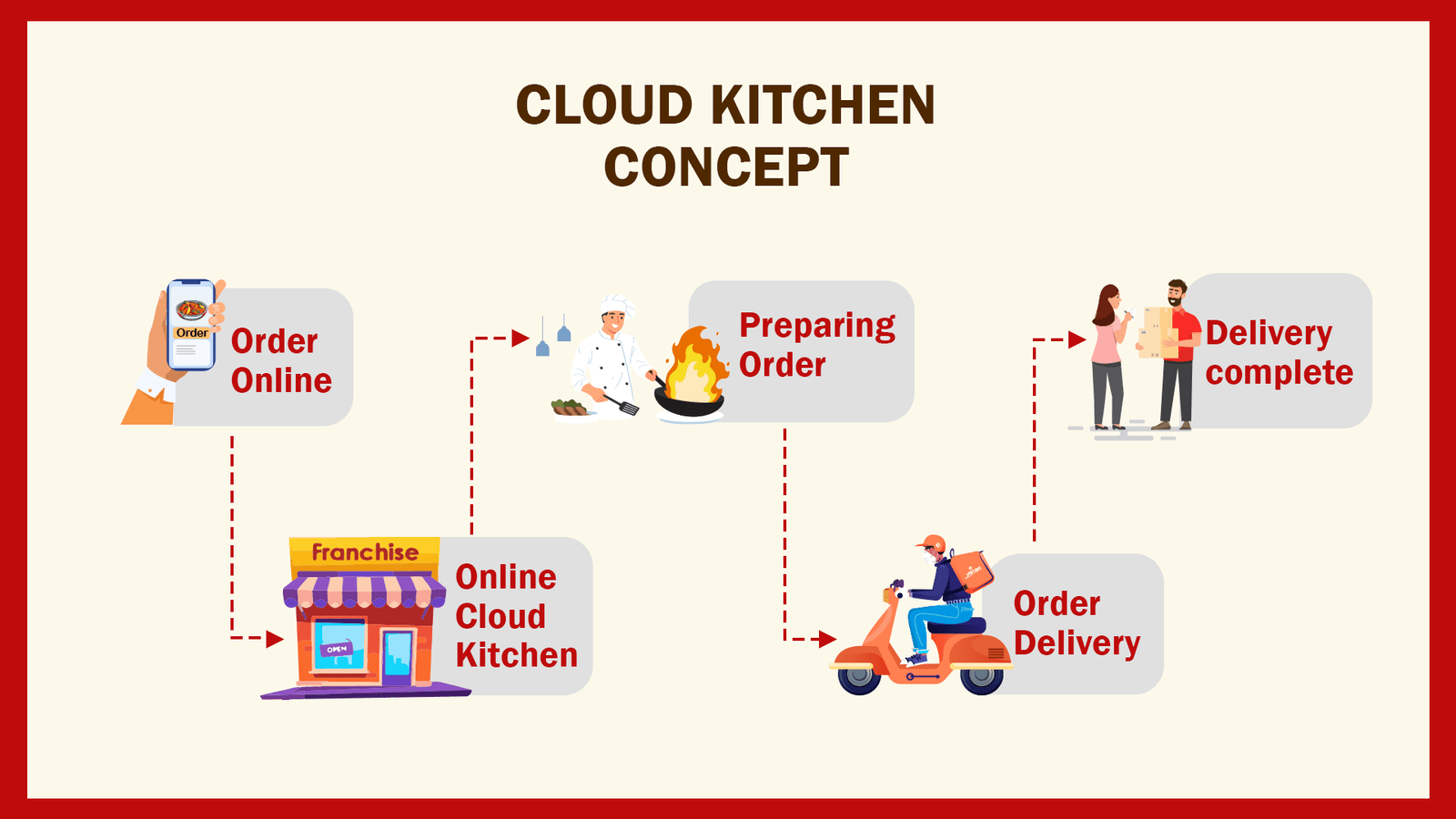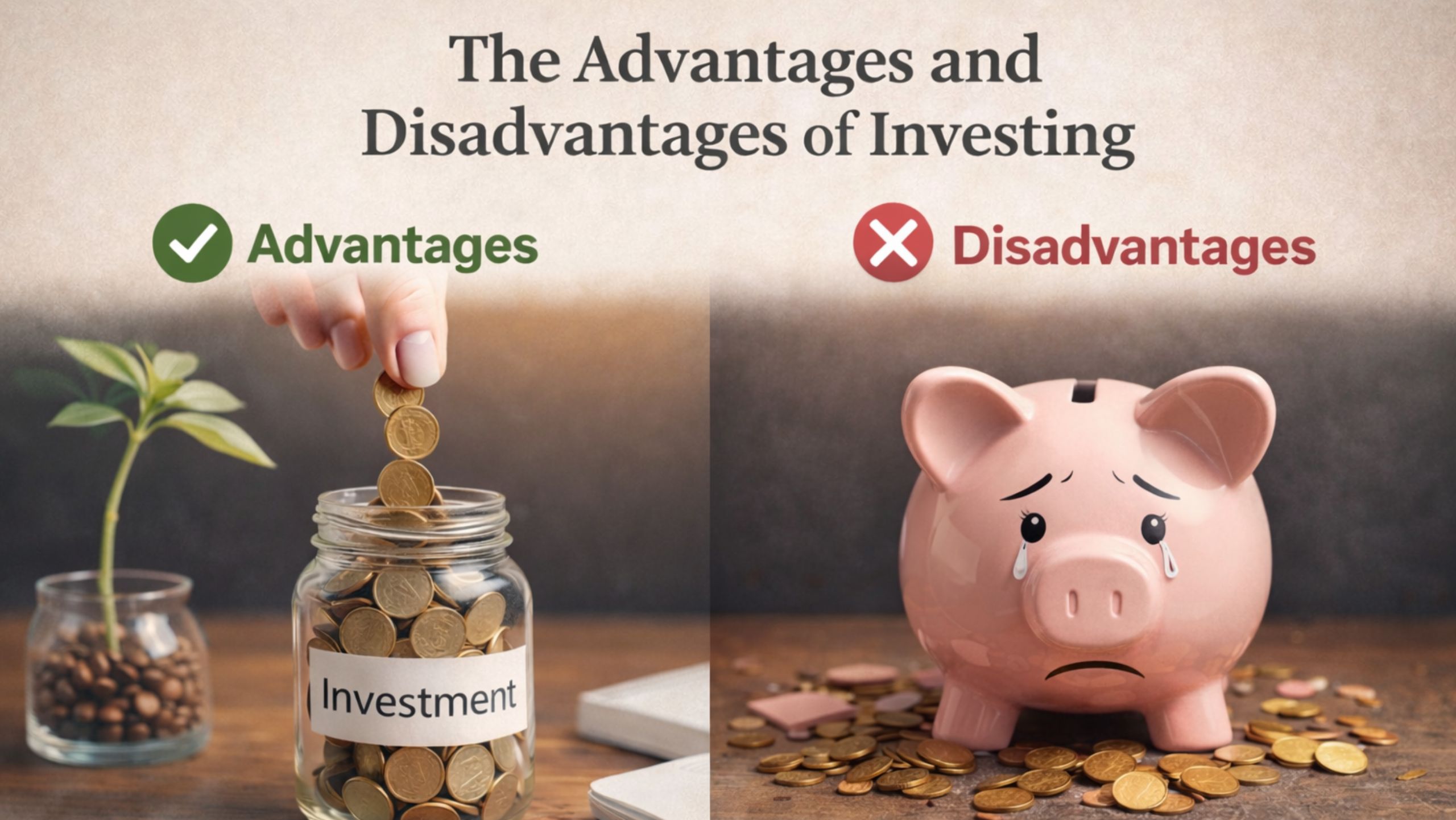How to Start Up Your Own Business

How to Start Up Your Own Business
Overview
You’ve heard the stories. The college dropout who built a billion-dollar tech company from a dorm room. The teenager who sold handmade soaps and turned it into a global skincare brand. Inspiring? Sure. But for many, these tales feel more myth than manual.
The truth is, most businesses are started by ordinary people-teachers, engineers, corporate employees-who simply got tired of waiting for “the right moment.” They weren’t born with a business gene. They didn’t start out knowing how to pitch investors or build a brand. But they did start. That’s the biggest difference.
If you’ve ever had a business idea in the back of your mind but didn’t know how to begin, or if you thought you weren’t cut out for entrepreneurship-this blog is for you.
1. Start with a Problem, Not a Product
Most first-time founders make one mistake: they fall in love with their idea before testing if anyone actually needs it. A better approach? Start with a problem that annoys, frustrates, or slows people down.
Ask yourself:
- What do people around me complain about often?
- What tasks take too long or cost too much?
- What do I wish existed in my own life?
For example, instead of launching a generic fitness app, notice a niche like “busy moms who want 10-minute workouts without equipment.” That’s a problem-and a highly specific one.
Key tip: A business that solves a real, specific pain point will always outperform one based on a vague dream.
2. Test with a Shoestring MVP (Minimum Viable Product)
You don’t need a full website, inventory, or even a logo to get started. You need to validate your idea.
Let’s say you want to start a bakery. Don’t rent a shop just yet. Instead:
- Take pre-orders on Instagram
- Offer samples to friends and collect feedback
- Ask local cafés if you can do a weekend pop-up
This principle applies to tech too. A simple Google Form or WhatsApp group can mimic an app’s function. The idea is to see if people will pay-even when your solution is imperfect.
3. Choose the Business Structure That Matches Your Risk Appetite
There’s no one-size-fits-all legal setup. For small-scale solo operations, a sole proprietorship might be enough to start. If you’re planning to scale or raise investment, a private limited company or LLP could be smarter.
Things to consider:
- Tax implications
- Compliance paperwork
- Funding plans
- Personal liability
Don’t get stuck in analysis paralysis. You can start simple and upgrade the structure later as your business matures.
4. Build an Online Presence Before You Need It
In today’s world, if you’re not visible online, you’re invisible-period. But that doesn’t mean you need to spend thousands on ads.
Instead:
- Create a no-frills website (or a free landing page via tools like Carrd or Notion)
- Post short, consistent content on Instagram, LinkedIn, or YouTube depending on your audience
- Start an email list early-offer a discount, tip sheet, or guide in return
Don’t wait until you launch. Document your journey from Day 1. People are more likely to support businesses they’ve seen grow from the ground up.
5. Money: Start Lean, Stay Smart
One of the biggest myths is that you need massive capital to start. What you really need is resourcefulness.
Here’s how to stay lean:
- Use free or freemium tools (Google Workspace, Canva, ChatGPT, Stripe, Trello)
- Hire freelancers over full-time employees
- Learn basic skills yourself (design, marketing, budgeting)
If you do need funding, start with friends and family, crowdfunding, or small grants before pitching to VCs. Bootstrapping keeps you in control and teaches financial discipline-critical for survival.
6. Know When to Pivot (Or Kill Your Idea)
Let’s be honest: not every idea will work. And that’s okay. What matters is the speed of learning, not just blind persistence.
Be willing to:
- Adjust pricing
- Change your customer focus
- Ditch a feature no one cares about
Some of the most successful businesses started as something else entirely. Instagram began as a check-in app. Shopify was originally an online snowboard store.
Your job isn’t to defend your idea. Your job is to evolve it.
7. Marketing Isn’t Just Ads-It’s Psychology
At its core, marketing is not about pushing your product. It’s about understanding your customer’s emotions, fears, and desires.
Think:
- Why does your customer really want this?
- What are they afraid of?
- What does success look like for them?
Use these insights in your messaging. A bland “Affordable tutoring services” won’t get clicks. But “Help your child catch up in just 2 weeks-without the stress” will.
8. Burnout is Real: Pace Yourself
In the early days, you’ll want to do everything. But building a business is a marathon, not a sprint.
Set boundaries:
- Choose a realistic launch date
- Designate off-days to avoid burnout
- Delegate tasks early-even if it costs a bit
Many businesses fail not because the idea was bad, but because the founder ran out of energy.
Sustainable momentum beats short-lived hustle.
9. Build a Circle of Honest Feedback (Not Just Cheerleaders)
You need people who will tell you when your website looks clunky or your idea doesn’t land. Friends and family are great, but often too polite.
Find a few brutally honest people- early adopters, fellow founders, or even skeptical relatives.
Constructive feedback is your compass.
Join online communities like Indie Hackers, Reddit’s r/startups, or local entrepreneur groups. You’ll learn more from a few real conversations than a hundred blog posts.
10. There’s No Perfect Time-Only Today
The best time to start was probably two years ago. The second-best time? Right now.
There will always be a reason to wait:
- “I need to save more.”
- “I need the perfect name.”
- “The market is too crowded.”
But most of these are fears in disguise. The only way to know if your business can work is to take that first imperfect step.
Conclusion: Build Boldly, Learn Ruthlessly
Starting your own business doesn’t require superpowers, secret investors, or Silicon Valley connections. What it takes is clarity, courage, and consistency.
You don’t have to get everything right. You just have to start.
So here’s your challenge: Take one action today. Whether it’s writing your idea on paper, validating it with a friend, or launching that Instagram page-move one step closer to becoming a business owner.
You’re not waiting for permission anymore. You’re building your own path-one decision at a time.

Discover our latest news
and updates now.
Franchise Investment Opportunities in India: Cost, Profit, and ROI
January 13, 2026
Haldiram Franchise in India: Investment, Franchise Model & Returns
January 05, 2026
The Advantages and Disadvantages of Investing
January 02, 2026
Fast Food Franchise Opportunity in Gurugram: The Rolling Plate
December 10, 2025















